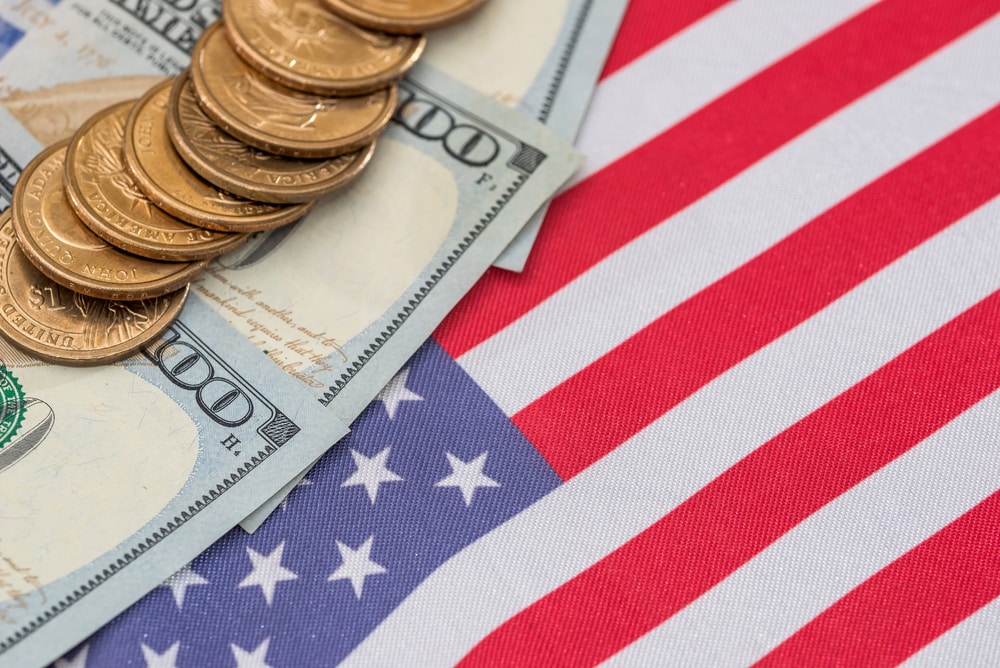The Tax Cuts and Jobs Act (the “New Tax Law”), which lowers business and individual tax rates and makes significant changes to the US tax rules, was effected and promulgated into law in late December last year and most of the changes would take effect from 1 January 2018.
The key changes are highlighted below:-
| Corporate | Individual | |
|---|---|---|
| Tax Rates | Reduced from 35% to 21%. The New Tax Law also introduces a 20% deduction for Qualified Business Income including income from a partnership, S corporation or sole proprietorship to the non-corporate taxpayers (with many exclusions and exceptions). This aims to address the disparity of the lower corporate tax rate of 21% and the top individual income tax rate of 37%. | The top individual income tax rate for taxable years 2018 to 2025 has been reduced from 39.6% to 37%. |
| Other changes | The Corporate Alternative Minimum Tax (“AMT”, which is effectively a prepayment of tax as it generates a minimum tax credit for any AMT paid) of 20% has been abolished and taxpayers may claim a refund on any AMT credits carryforwards:- – 50% of the remaining AMT credits in tax years 2018, 2019 and 2020; – a refund on all remaining credits in the tax year 2021. | The standard deduction is roughly doubled:- Filing status Standard deduction Single / Married Filing Separate US$12,000 (up from US$6,350) Married Filing Jointly US$24,000 (up from US$12,700) Head of Household US$18,000 (up from US$9,350) |
| Regarding net operating losses:- Under prior law: – A carryback period of 2 years – A carryforward period of 20 years – Could offset 100% of taxable income for regular income tax purposes and 90% of AMT income Under the New Tax Law – No carryback period – An indefinite carryforward period – Could only offset 80% of taxable income | Taking into account of other measures included in the New Tax Law including changes to the itemised deductions, the New Tax Law might not necessarily result in a lower net tax payable for some taxpayers, such changes are as follows:- – The deduction for state and local taxes will be capped at US$10,000 for Married Filing Joint or US$5,000 for Married Filing Separate / Single fliers (instead of unlimited). – The deduction for mortgage interest will be capped at US$750,000 (instead of US$1,000,000). The lifetime estate basic exclusion amount in determining the estate and gift tax has been doubled to US$11.2 million per individual (or US$22.4 million per married couple). |
Changes to the US international tax rules
- Qualified dividends received by US corporations from foreign subsidiaries would be entitled for a 100% dividends received deduction.
- Accordingly, such dividend would only be taxed at the US individual shareholder’s level when an individual receives such dividend income at his / her individual income tax rate.
- The New Tax Law introduces a new regime of which any accumulated foreign earnings of Controlled Foreign Corporations would be taxed at the rate of 15.5% for cash or cash equivalents and 8% for illiquid assets.
For a deeper discussion or any enquiry, please contact one of our members of the Tax Advisory team.
 香港中環雪厰街二號聖佐治大廈五樓503室
香港中環雪厰街二號聖佐治大廈五樓503室 +852 2868 0696
+852 2868 0696







